Enrocin is an oral liquid containing enrofloxacin, a fluoroquinolone antibiotic widely used in veterinary medicine. It effectively treats various Gram-positive and Gram-negative bacterial infections in animals. This solution is particularly effective for treating respiratory, urinary, and skin infections in dogs, cats, poultry, and other species. It works by inhibiting bacterial DNA synthesis, preventing the bacteria from multiplying and causing disease.
Indications Of Enrocin
Enrocin veterinary solution is used for the treatment of bacterial infections in various species, including:
- Dogs: Respiratory infections, urinary tract infections, skin infections, and soft tissue infections caused by enrofloxacin antibiotic-sensitive organisms.
- Cats: Urinary tract infections, skin infections, and respiratory tract infections.
- Swine: Respiratory, enteric, and skin infections.
- Poultry: Respiratory diseases like CRD, Mycoplasmosis, gastrointestinal infections (e.g., E. coli), and fowl cholera.
- Other Species: Enrocin can also be used for rabbits, ferrets, rodents, alpacas, and reptiles.
Pharmacology
Enrocin, containing enrofloxacin, is a fluoroquinolone antibiotic that inhibits DNA gyrase, an enzyme necessary for bacterial DNA replication. This blockage disrupts bacterial growth and causes cell death.
- Mechanism of Action: Enrofloxacin blocks DNA gyrase, preventing the supercoiling of bacterial DNA, which is required for replication and repair.
- Metabolism: Enrofloxacin is metabolized into ciprofloxacin, which enhances the overall antimicrobial effect.
- Bacterial Spectrum: Enrocin targets many bacteria, including E. coli, Staphylococcus, Klebsiella, and Pseudomonas species.
Dosage & Administration For Enrocin
Enrocin can be administered as an oral liquid or through drinking water. Below are the general dosage recommendations:
- Dogs:
- Enrofloxacin dose for dogs: Typically, 5-10 mg/kg body weight once daily.
- Depending on the severity of the infection, the enrofloxacin dose for dogs may be adjusted by a veterinarian.
- Cats:
- Enrofloxacin dosage for cats: Generally, 5 mg/kg body weight, administered once daily.
- Swine:
- Enrofloxacin dosage for swine: 2.5-5 mg/kg body weight, once daily.
- Poultry:
- Treatment: 1 ml per 2 liters of drinking water for 3-5 days (provides 10 mg/kg body weight).
- Prevention: 1 ml per 4 liters of drinking water for 3-5 days (provides 5 mg/kg body weight).
- Other Species:
- Enrofloxacin dosage: 5-10 mg/kg body weight, once daily.
Note: Always follow the veterinarian’s guidance for the enrofloxacin dose for dogs and other species based on the infection type.
Interaction
- Avoid concurrent use with chloramphenicol, macrolides, and tetracycline antibiotics, as they may reduce the effectiveness of enrofloxacin.
- Magnesium and aluminum-containing substances can interfere with the absorption of Enrocin.
- Corticosteroids may increase the risk of tendon damage when combined with enrofloxacin.
Contraindications Of Enrocin
Enrocin should not be used in the following ways:
- Animals are hypersensitive to enrofloxacin or other fluoroquinolones.
- Young animals, particularly large-breed puppies, due to the potential for cartilage damage.
- Poultry resistant to fluoroquinolones should not be treated with Enrocin due to cross-resistance risk.
Side Effects
Although Enrocin is typically well-tolerated, side effects may occur, such as:
- Gastrointestinal: Vomiting, diarrhea, or loss of appetite.
- Neurological: Tremors or seizures in rare cases.
- Joint issues: Enrofloxacin may cause joint pain or lameness in young, growing animals, particularly large breeds.
- Photosensitivity: Increased sensitivity to sunlight during treatment.
If side effects occur, discontinue Enrocin and contact your veterinarian.
Pregnancy & Lactation
- Pregnancy: Under veterinary guidance, Enrocin should only be used during pregnancy if the benefits outweigh the risks.
- Lactation: Enrocin may pass into milk. Use with caution in lactating females.
Precautions & Warnings Of Enrocin
- Hydration: Ensure animals stay hydrated during treatment with Enrocin.
- Young Animals: Avoid use in growing animals due to the risk of cartilage damage.
- Renal and Hepatic Issues: Adjust dosages for animals with kidney or liver disease.
- Superinfection: Prolonged use of enrofloxacin can result in the overgrowth of non-susceptible organisms.
Overdose Effects
Symptoms of overdose may include:
- Gastrointestinal: Severe vomiting and diarrhea.
- Neurological: Tremors, seizures, or ataxia.
- Tendon and joint damage: Particularly in young, growing animals.
Seek immediate veterinary care if an overdose is suspected.
Storage Conditions
- Store Enrocin in a cool, dry place, away from direct light and moisture.
- Keep out of reach of children and animals.
- Shelf Life: Only use up to the expiration date on the packaging.
Enrocin provides a powerful solution for managing bacterial infections in animals, including dogs, cats, and poultry. It contains enrofloxacin, a highly effective fluoroquinolone antibiotic, which ensures reliable treatment of common infections caused by enrofloxacin-sensitive bacteria. For the best results, always follow the prescribed enrofloxacin dosage for dogs and other species.

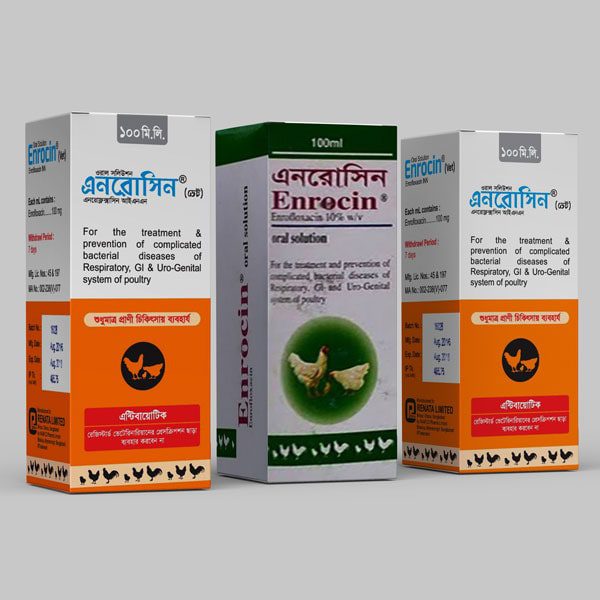
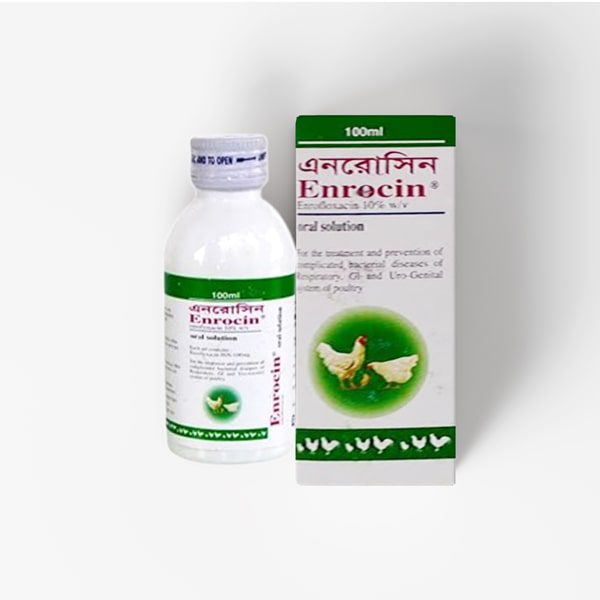
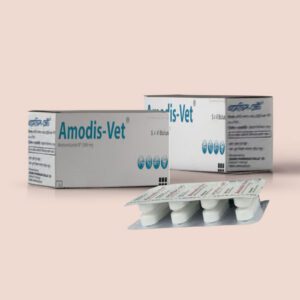
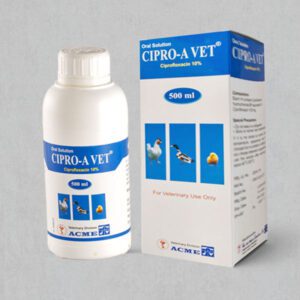
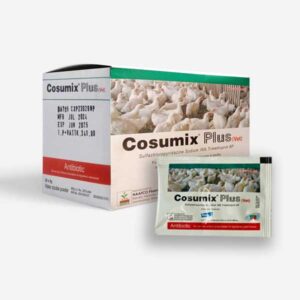
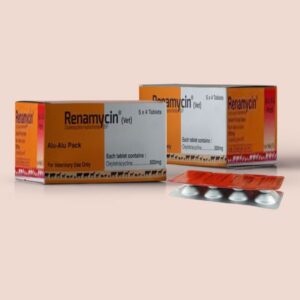
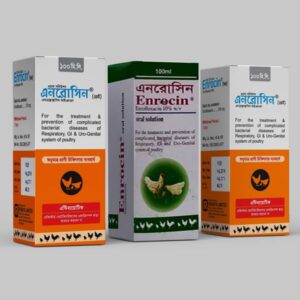
Reviews
There are no reviews yet.